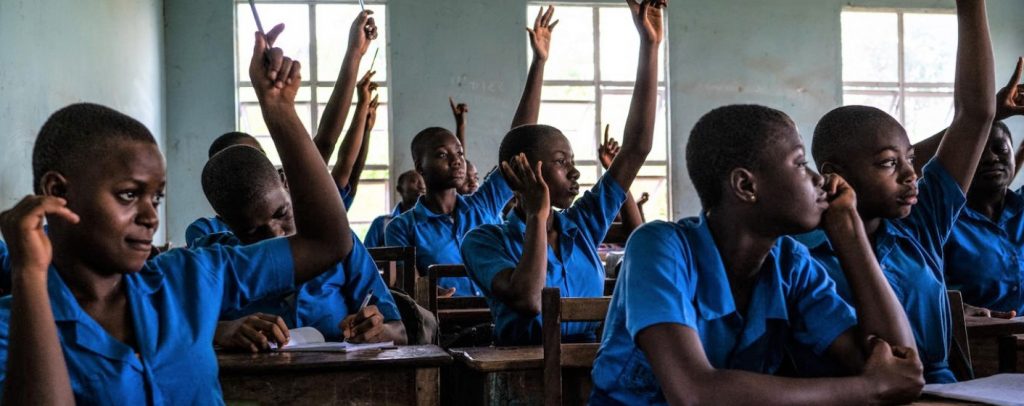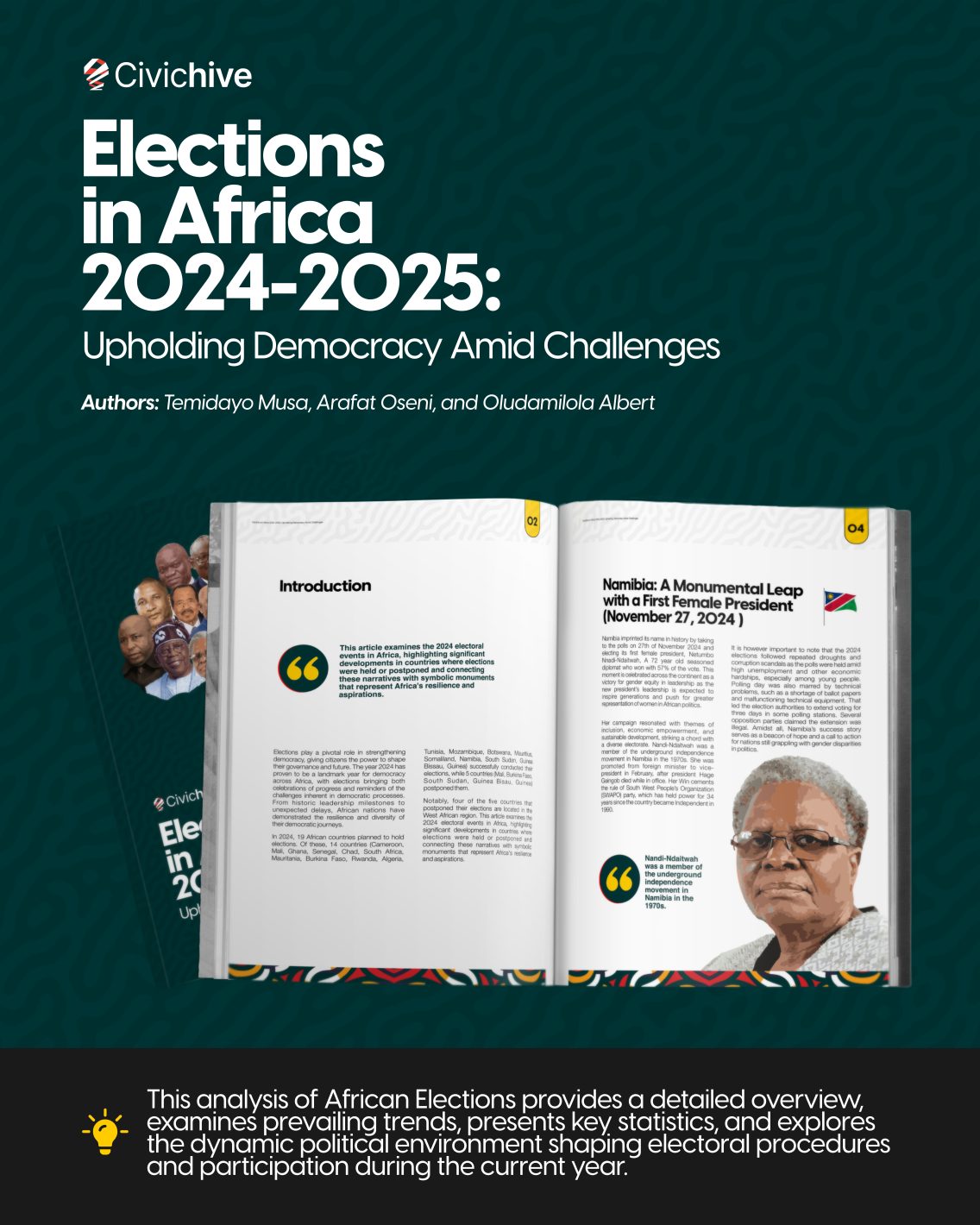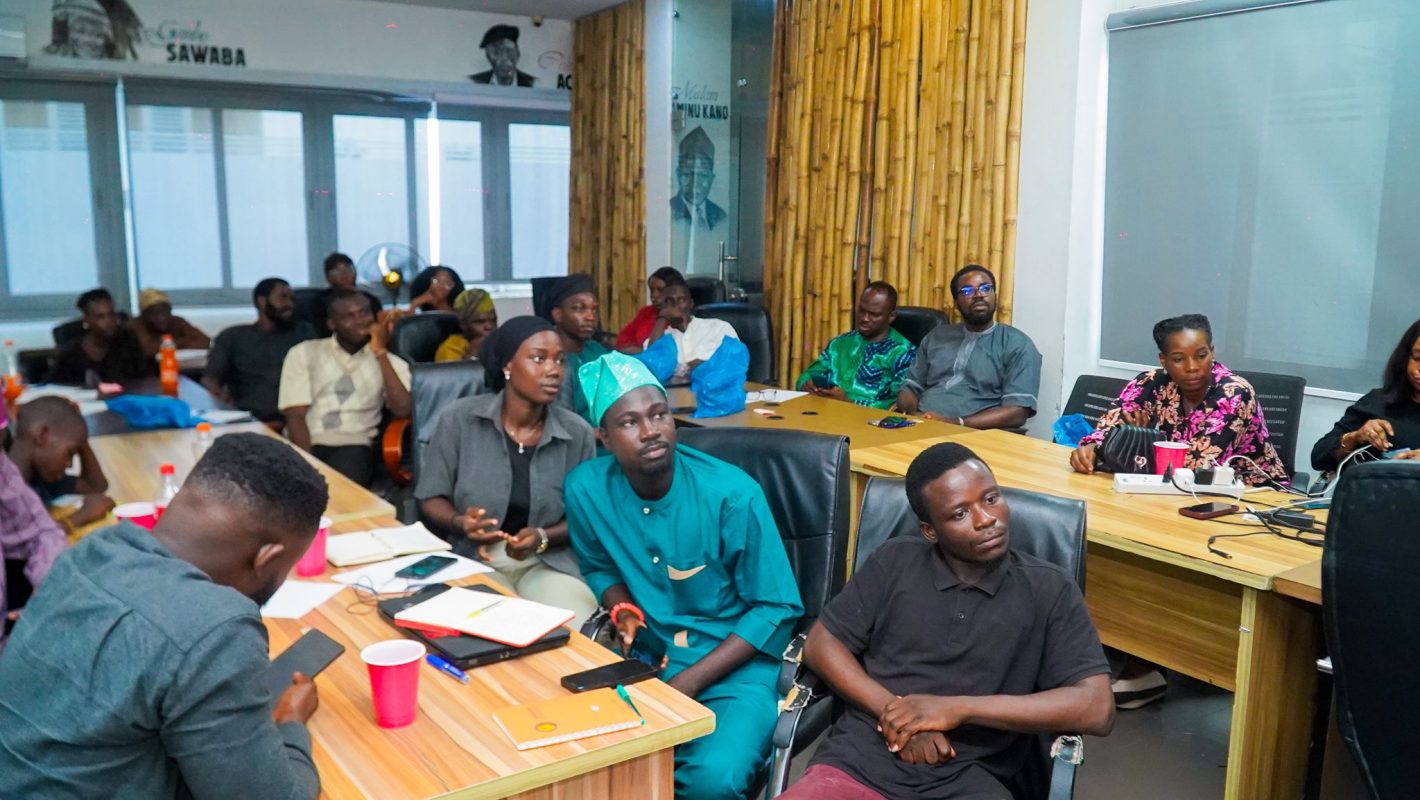A country where a significant portion of the population can neither read nor write can never flourish. As it stands, Nigeria currently has one of the highest proportions of out-of-school children globally with a figure sitting at about 18.5 million as at 2022 according to Rahama Farah, the head of the UNICEF office in Kano. This problem is only exacerbated by the abject poverty and insecurity plaguing the country.
 A very popular case of insecurity at play in education is the incident that occurred on April 14 to April 15 2014, where 276 girls of the Chibok Government Girls Secondary School who were preparing to take their final exams in Physics were abducted, and till date over 100 of the abducted girls remain missing.This event marked a turning point in the educational sector of the country as more than 11,000 schools have been forced to close nationwide since December, 2020 due to the unchecked mass violence and kidnapping. No parent or guardian wishes to send their child to school with the mind numbing fear and thoughts of whether they would see their ward again or not.
A very popular case of insecurity at play in education is the incident that occurred on April 14 to April 15 2014, where 276 girls of the Chibok Government Girls Secondary School who were preparing to take their final exams in Physics were abducted, and till date over 100 of the abducted girls remain missing.This event marked a turning point in the educational sector of the country as more than 11,000 schools have been forced to close nationwide since December, 2020 due to the unchecked mass violence and kidnapping. No parent or guardian wishes to send their child to school with the mind numbing fear and thoughts of whether they would see their ward again or not.
The country already bleeds from the violent attack perpetrated against her citizens on an almost daily basis, and the innate desire to remain alive and safe has all but crushed the thought of education under its enormous weight.
It is upsetting that this issue is hardly addressed by the minister of education Mallam Adamu Adamu let alone the President of the nation. The silence is deafening and disheartening in the face of this endemic that has developed into a vicious cycle – a cycle fuelled by violence, poverty and illiteracy. Millions of children have been forced out of school, these are children of poor parents who cannot even afford to relocate to much safer cities, much less send their children to prestigious schools. These children end up on the streets – forced into child labour in order to contribute to the survival of their family – where there is every likelihood they would be assaulted, abused or fall prey to bad influence. These children and even idle, uneducated youths often prove easy to indoctrinate into a life of violence and destruction as they have nothing to look forward to and often lack critical thinking that could possibly protect them from manipulation. They then go on to become part of gangs, cults and even the terrorist attacking the country, and carry out all manner of atrocities including attacking and murdering innocent school children. Rinse and Repeat.

This is just the tip of the iceberg as even the tertiary institutions are not spared. The academic staff in Nigeria has embarked on 15 separate strikes spanning months since 1999. This means that for every five years since I have been alive there has been an academic strike. I had naively hoped that before my time came to pursue a degree in a federal university that this issue would have been resolved, yet here I am having spent a total of six school years in the university–without an extra year – for a discipline that takes four years to complete. There has been a strike every year since I started school, with the worst ones being in 2020 and 2022 where the strikes were almost a year long. In addition to the strikes, the quality of education I have received is substandard at best. The fault does not lie with the lecturers, but it can be traced back to the lack of funding and nonchalant approach of the Federal Government towards the educational sector as a whole.
Literacy is the bedrock of national growth and development, yet the government is not aiming for mass literacy as rigorously as one would expect. It would be a welcome change if the next administration prioritises education above all else. This task would require tackling insecurity and poverty, and investing heavily in the educational sector with the aim of catapulting it to new heights. Education encourages critical thinking and grooms creativity which in turn creates shakers and movers; people with the skills and knowledge required to initiate change. For too long many bright Nigerian minds have migrated to other countries in search of quality education. The potentials that these minds possess have not only been unlocked but have been used to contribute to the growth of another man’s country. I urge the government to open its eyes and see all the potentials that are wasting away or slipping out of their fingers as a result of the deteriorating state of the nation.
 Children deserve to go to school without worrying for their safety, and youth deserve to pursue a degree without the constant threat of an academic strike looming over their heads. It is unfortunate that the solution for this is tied to other situations crippling the nation. However, quality education for the masses could be the end goal – once there is peace and economic stability all eyes would finally be on the education sector. The government can even start investing in eradication of illiteracy in states that are relatively peaceful as a good start. I have faith that this country will be better, but faith without work is dead.
Children deserve to go to school without worrying for their safety, and youth deserve to pursue a degree without the constant threat of an academic strike looming over their heads. It is unfortunate that the solution for this is tied to other situations crippling the nation. However, quality education for the masses could be the end goal – once there is peace and economic stability all eyes would finally be on the education sector. The government can even start investing in eradication of illiteracy in states that are relatively peaceful as a good start. I have faith that this country will be better, but faith without work is dead.
There is only so much NGOs can accomplish and private schools can never be accessible to everyone no matter how amazing the economy is. It is up to the government to save this nation from stagnation and show its citizens that a prosperous nation is achievable.
Awele Chidozie,
University of Lagos, Akoka



